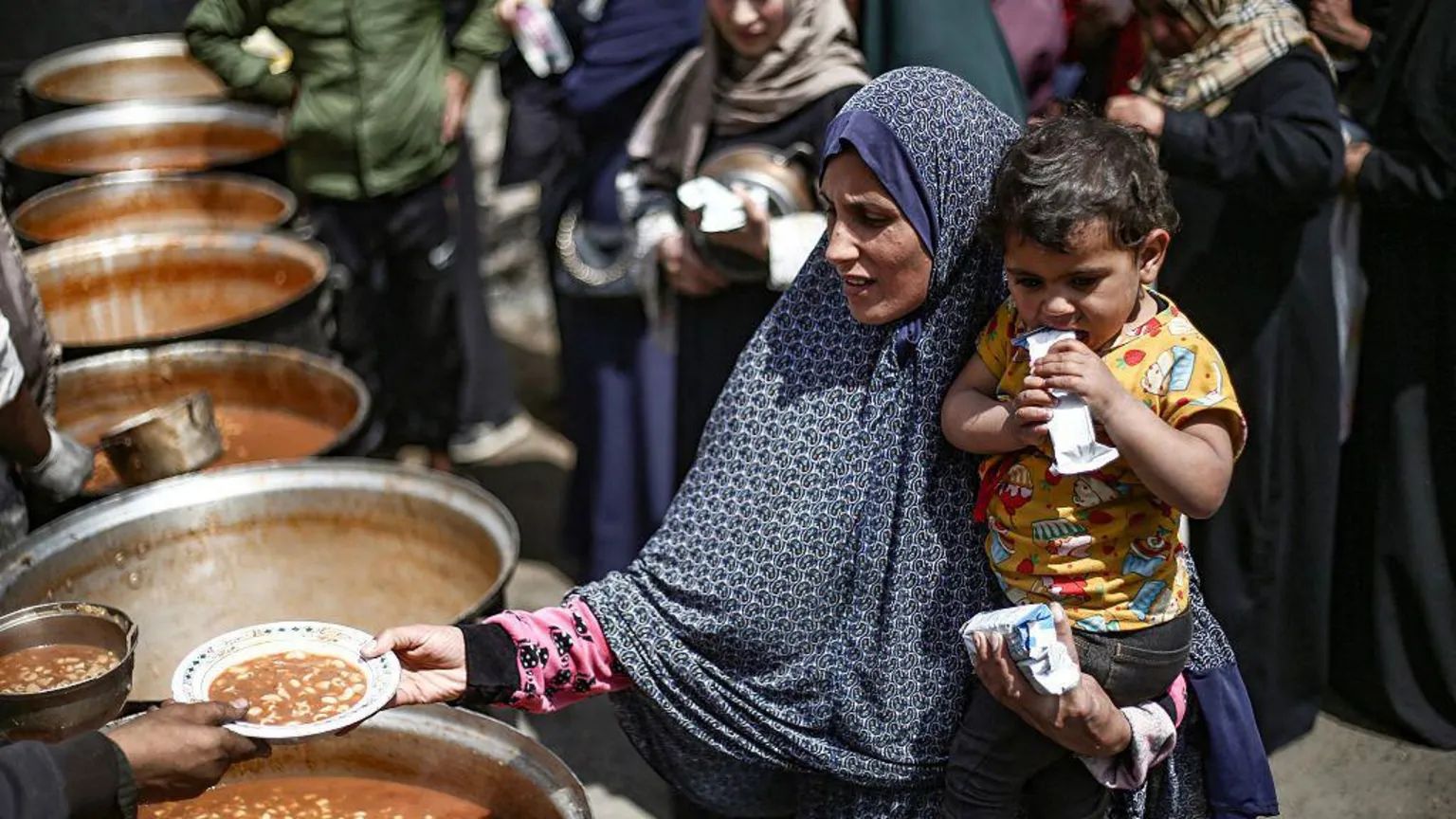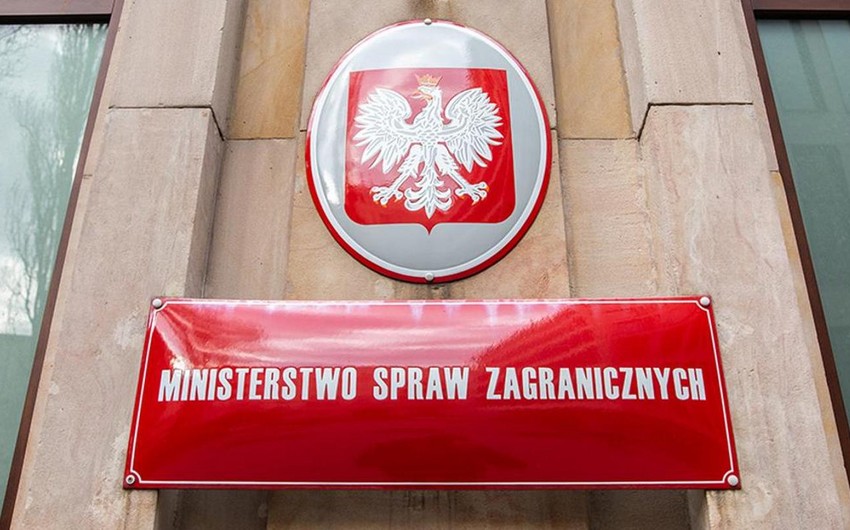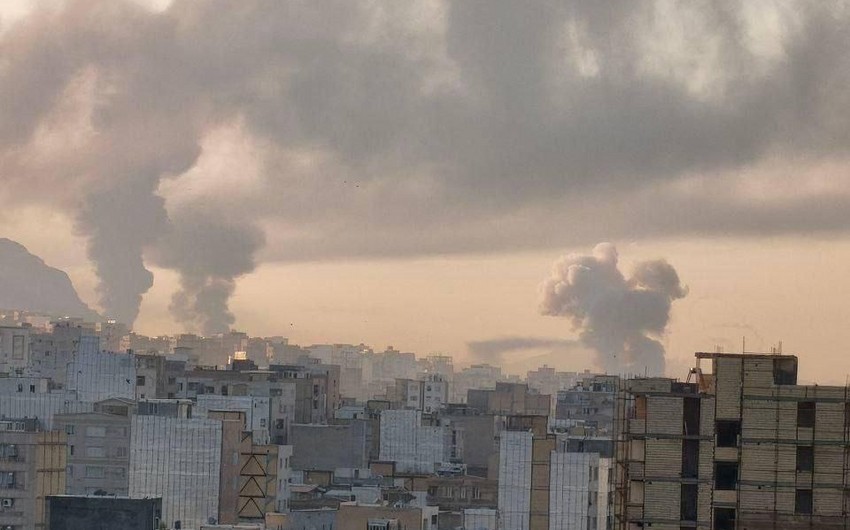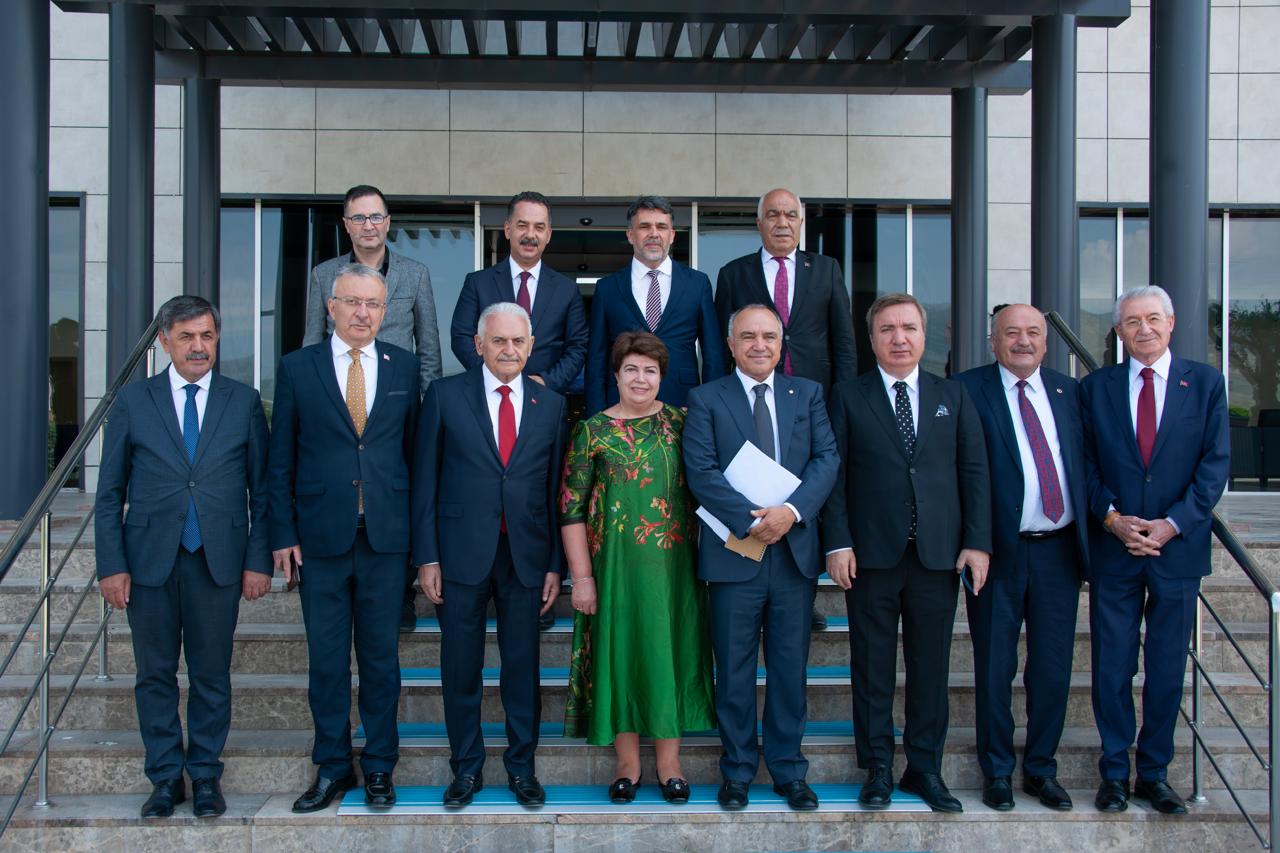Israel’s Defense Minister, Israel Katz, recently announced that Israel’s military will significantly intensify its offensive across most of Gaza. This comes after the Israeli Defense Forces took control of a strategically important area in southern Gaza, known as the “security zone,” which separates the cities of Rafah and Khan Younis. The military has also issued evacuation orders for Khan Younis and its surrounding areas in preparation for further airstrikes, which they say are a response to projectiles launched from Gaza, which Hamas has taken responsibility for.
The escalation in Israel’s military operations follows the collapse of a two-month ceasefire in mid-March. Since then, Israel has launched a large-scale offensive aimed at weakening Hamas’s infrastructure. Over the past few weeks, Israel’s forces have seized significant parts of Gaza, including areas along the Gaza Strip’s border, which they characterize as a “buffer zone” to prevent further attacks on Israeli territory. This zone has displaced hundreds of thousands of Gazans who have had to flee the conflict zones.
Israel’s primary goal, according to officials, is to pressure Hamas into releasing the 59 remaining hostages who are believed to be held in Gaza, including 24 people who are thought to be still alive. The situation remains dire as Israeli military operations continue to expand. Katz mentioned that the IDF has now taken control of the “Morag axis,” which is a critical area between Rafah and Khan Younis, thus cutting off Rafah from Khan Younis and extending the Israeli security zone to the entire southern region of Gaza. This strategic move effectively isolates a significant part of southern Gaza.
Katz further warned that the military’s offensive will soon be extended across most of Gaza, including northern regions such as Beit Hanoun and areas in the Netzarim Corridor, as the Israeli military works to create an even larger security zone. In these areas, residents are being evacuated, with the IDF preparing for more intense military operations. Katz urged civilians to leave the fighting zones immediately, stressing that this is the final chance to end the war by removing Hamas and releasing the hostages.
However, the offensive has drawn significant international criticism, especially from Hamas, which claims that Israel’s actions are resulting in the deaths of defenseless civilians and further jeopardizing the fate of the hostages. The United Nations Human Rights Office has also raised concerns about the evacuation orders, arguing that they fail to comply with international law. The UN highlighted that Israel has not ensured that displaced civilians have access to adequate shelter, healthcare, hygiene, or nutrition.
Israel, on the other hand, defends its actions, stating that evacuating civilians from the conflict zones is necessary to protect them from harm and prevent Hamas from using them as “human shields,” a violation of international law. Despite the humanitarian concerns, the military continues its operations, aiming to dismantle Hamas’s military capabilities and secure the release of hostages, which remain the core goals of the ongoing offensive.
Madina Mammadova\\EDnews










